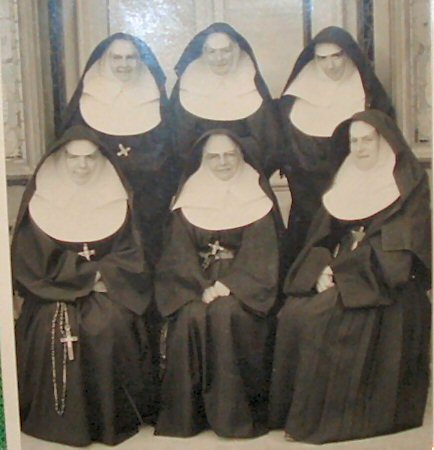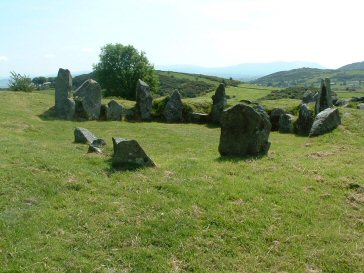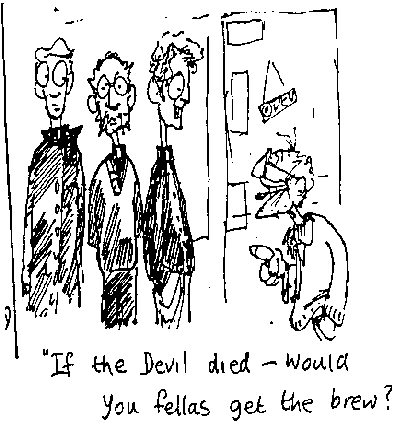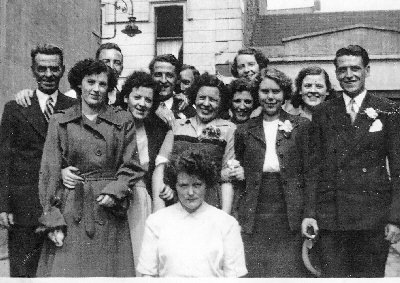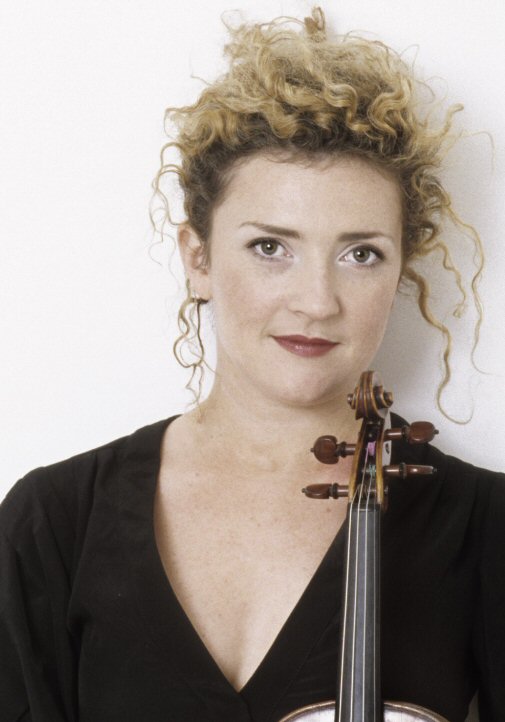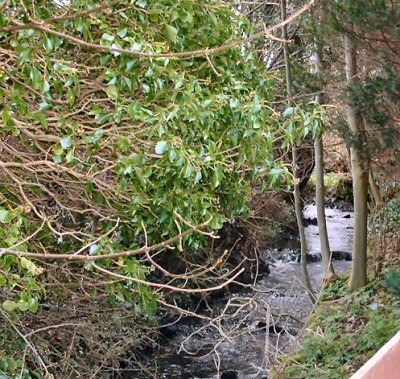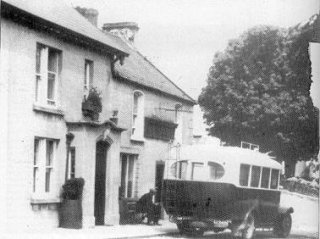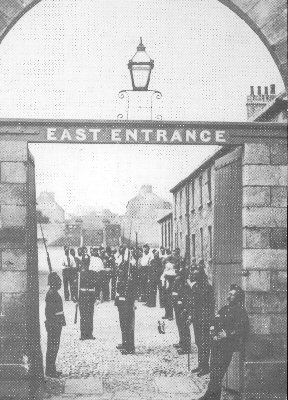This man one time had the real targer of a wife and after the holy terror of a row, he tore out of the house cursing and damning her soul into hell and out again.
And here, all of a sudden he falls in with this strange man who walked out from under a bush along the road where he could have been sheltering.
They got into crack anyway. Passing this house, here wasn’t there another man and wife flailing oul’ hell out of other and calling other for all the wrong names in the wide world. The two on the road stood to listen.
‘What’s going on in there?’ says the strange man.
‘Need you ask?’ says our man.
‘Can’t you see that’s the devil outa hell in that house?’
‘Go long wi’ ye!’ says the strange man, and he drew the back o’ his hand across the other fellow’s jaw in a welt that stumbled him.
‘It’s you and the likes of you that gives me the bad name!’
”Why? Don’t tell me you’re the Divil himself?’
‘I am,’ say the Divil, an’ him still mad.
But the other man put out his hand in friendly greeting.
‘Put it there!’ says he.
‘We could be related.
I think I’m married to your sister!’
